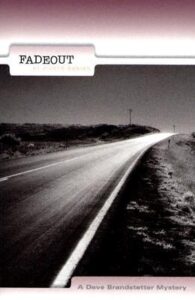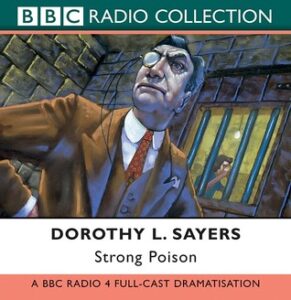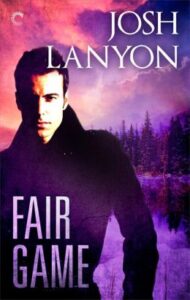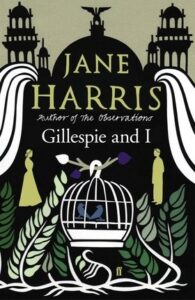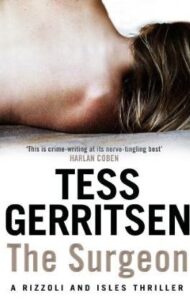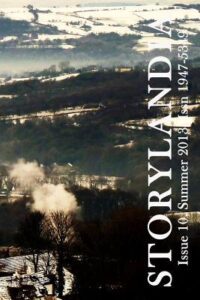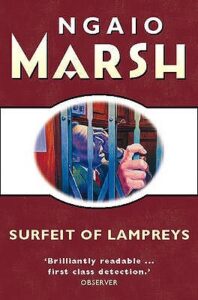 Death Claims, Joseph Hansen
Death Claims, Joseph Hansen
The first time I read this, I commented on the descriptions — saying that at times they were laid on too thick — and style, and also that Hansen somehow manages to make you care about the characters, even minor ones. I disagree with the first one now, perhaps because I knew going in what Hansen’s style was like: it still reminds me very much of Chandler, even if he doesn’t have quite the same knack for the well-placed word or reference (no “shop-worn Galahad” here). And I still agree with the second one: a particular character doesn’t show up for most of the story, and yet I very much cared about how things worked out for him, and about what he tried to do.
I also commented on the subplot between Doug and Dave, which I loved: I loved the fact that they’re both damaged and imperfect, that their past lovers (both dead, and therefore idealised) get in the way, and their responses to that. I love that Dave decides it’s time he did some work to keep the relationship going, and then he does — but also that he’s a self-righteous ass about some things, not some paragon of virtue. Their relationship feels real, both in the way they disappoint each other and in how they match.
I can’t remember the individual books well enough to decide where it sits on my mental ranking of the series; I look forward to discovering that in the rereads to come, I think. But it’s solid and I enjoy it, and especially for Dave’s life outside the cases, even where it’s relatively background. He has a life outside the cases — much more so even than another favourite detective of mine, Peter Wimsey, whose life outside cases is mostly spent discussing the case anyway, or touches on it. Perhaps that’s part of why I love Dave Brandstetter so much.

